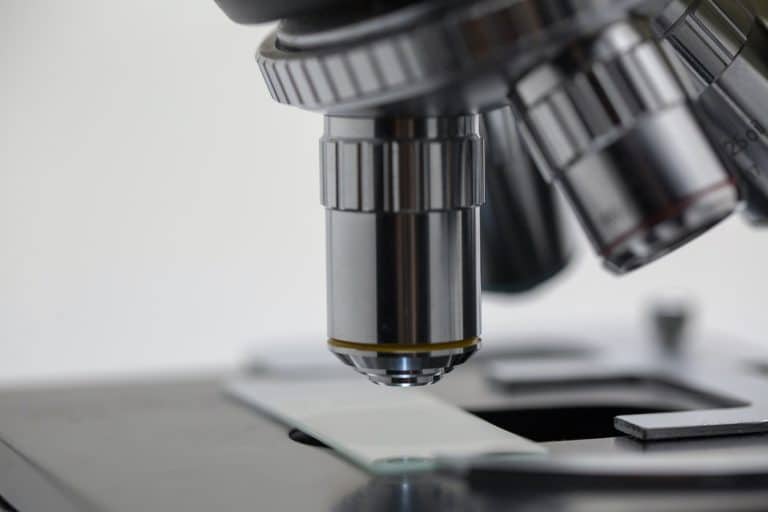There are many possible factors that can contribute to hearing loss, including both genetic and environmental ones. Genes carry instructions for our cells, telling them how to grow and how to function. Many genes work together to help us hear, but they don’t always do so in an expected manner. When this happens, it is called a genetic mutation.
How Common Is Genetic Hearing Loss?
The CDC reports that approximately 50-60% of babies born with hearing loss are due to genetic causes. Of these, roughly 30% are syndromic, meaning they have other accompanying symptoms, while 70% are non-syndromic, meaning there are no other associated symptoms.
Non-Syndromic Hearing Loss
Non-syndromic cases of hearing loss are categorized based on how they are inherited.
- Autosomal dominant means a mutated gene is inherited from one parent who may or may not have hearing loss. There are more than 30 genes that have been linked to autosomal dominant hearing loss.
- Autosomal recessive means the hearing loss is caused by an inherited mutated gene from each parent, likely neither of whom have hearing loss themselves. This is the most common cause of non-syndromic hearing loss, and there are 60 known genes that can cause it.
- X-linked hearing loss means a mutated gene on the X chromosome is passed from the mother to her son. Four X chromosome genes have been linked to this type.
- Mitochondrial hearing loss is caused by DNA mutations. Very few mutations that cause mitochondrial hearing loss have been identified.
Syndromic Hearing Loss
There are more than 400 genetic syndromes that list hearing loss as a possible symptom. Causes may be autosomal dominant, autosomal recessive, X-linked or mitochondrial. A couple syndromes commonly linked to hearing loss include:
- Usher syndrome, the most common syndrome caused by autosomal recessive gene mutations, is associated with hearing loss and vision loss. There are three subtypes of Usher syndrome, each associated with different types of hearing problems.
- Wardenburg syndrome, the most common type of autosomal dominant syndromic hearing loss, can cause sensorineural hearing loss in one or both ears, variations in pigment, fused eyebrows, widely spaced eyes, high nasal bridge and under-developed nose tip.
If you notice your child having difficulty communicating and playing with other kids at The Washington Park playground, it’s important to schedule a hearing test right away. For more information or to schedule an appointment, call Audiology Center Northwest today.
